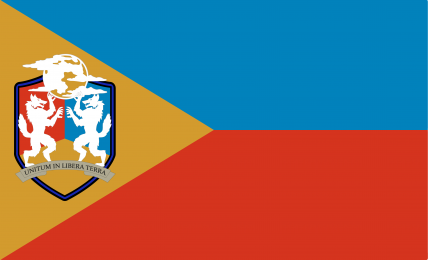Country name: Arthropol
Do schools in this country mandate a uniform or dress code? In daily schooling, there is no uniform, and all schools have individual varying dress codes. However, schools do have a school uniform used in special events, like graduations, etc. Private schools may or may not have a uniform.
Similarly, do universities mandate a uniform or dress code? Generally no, except for military universities.
What kind of uniform or dress code is considered normal or standard at state schools?

Usually something like this or similar for formal occasions
Do girls and boys have different uniforms or dress codes in state schools? Yes
Are hats, bags and accessories a part of the uniform or dress code in state schools? This depends on the school, usually no. However, all religious symbols are banned in state schools and public buildings nationwide.
Are hair, facial hair, hair products, tattoos, makeup or jewellery controlled in state schools? This depends on the school, usually a mix
Is the standard different in private or independent schools, if they exist? Yes, the majority of private schools are religious, and students usually have to adhere to religious clothing guidlines, if applicable.















